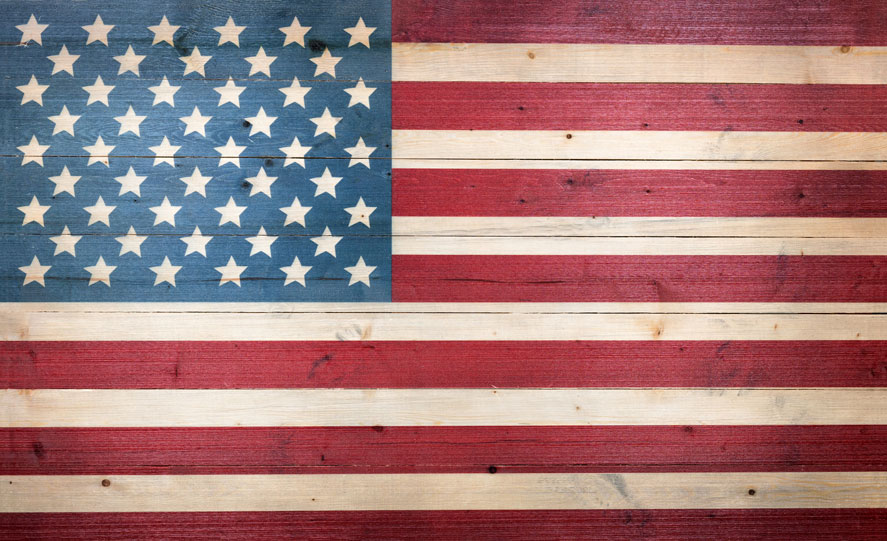Veteran Grave Markers

Veteran grave markers are small but powerful emblems of sacrifice, duty, and patriotism. Whether they bear the weight of a name etched in stone or the insignia of a military branch, markers tell stories of courage that deserve to be remembered.
Unlike civilian headstones, veteran markers are distinct in their simplicity and uniformity. Typically, they include:
- Name, rank, and branch of service: A clear identifier of the veteran’s military identity.
- Dates of birth and death: A timeline of their life’s journey.
- Religious or belief system emblem: From a cross to a Star of David, these reflect the veteran’s faith or philosophy.
- Optional inscriptions: Some families add a brief personal note, like “Loving Father” or “Forever in Our Hearts.”
The design is intentionally understated, emphasizing equality among those who served. Whether a private or a general, every veteran’s marker carries the same dignity.
Eligibility for a Veteran Grave Marker
The VA provides headstones or markers for veterans buried in national, state, or private cemeteries. To qualify, a veteran must have been discharged under conditions other than dishonorable. Spouses and dependents may also be eligible for recognition in some instances, especially in national cemeteries.
The process is straightforward but meaningful:
- Families or funeral homes submit an application (VA Form 40-1330) with proof of service, like a DD214 discharge document.
- They choose the marker type—flat granite, upright marble, or a bronze plaque—and specify any custom details.
- Once approved, the VA ships the marker to the cemetery, where it’s installed as a lasting tribute.
For unmarked graves, the VA even offers retroactive markers, ensuring no veteran’s resting place goes unrecognized, no matter how much time has passed.
The U.S. Department of Veterans Affairs provides veterans and their eligible dependents with headstones and markers at no cost. If the burial is in a national or state veteran’s cemetery or on a military post, the veteran grave marker is ordered through the cemetery at the government’s expense. The cost to place the marker or headstone is usually included. Some state cemeteries charge a nominal fee to set the stone.
Applying for a Veteran Grave Marker
If the burial is in a private cemetery, the headstone or veteran grave marker must be applied for through the Veterans Affairs office. The government will pay for the marker or headstone, but the cost of placing the memorial will not be included.
(How to apply for a Veteran Grave Marker)
The type of marker or headstone used for burial in government cemeteries will depend on the style used by the specific cemetery. Flat bronze, flat granite, flat marble, and upright marble types are common. Markers for interred cremains are also available.
If the eligible veteran’s grave is already marked, you may apply for a medallion to be affixed to the headstone.
To find out if you or your loved one can receive a marker or headstone through the Department of Public Affairs, visit the VA website. The eligibility requirements are generally the same as those for being buried in a veteran’s cemetery. You will also find links to the proper forms for ordering markers on the site.
In general, the requirements for this benefit are that the veteran died while on active duty and has been honorably discharged. The benefit also applies to those veterans whose remains are not recovered or identified. Those who have been buried at sea or donated to science, or whose cremated remains have been scattered may also be eligible.

